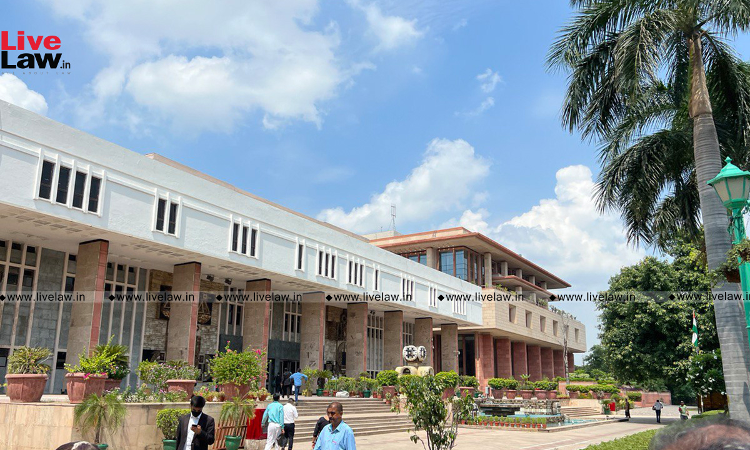Amendment To Section 36(1)(va) Of Income Tax Act Is Prospective In Nature: Delhi High Court
Parina Katyal
9 Aug 2022 5:24 PM IST

Next Story
9 Aug 2022 5:24 PM IST
The Delhi High Court has allowed the assessee- TV Today Network Ltd.'s claims for deduction of expenses in nature of 'consumption incentive' offered to the advertisers for booking more advertisement space. The Bench, consisting of Justices Manmohan and Manmeet Pritam Singh Arora, reiterated that the 'due date', in case of delay by the assessee in depositing the employees' contribution...
